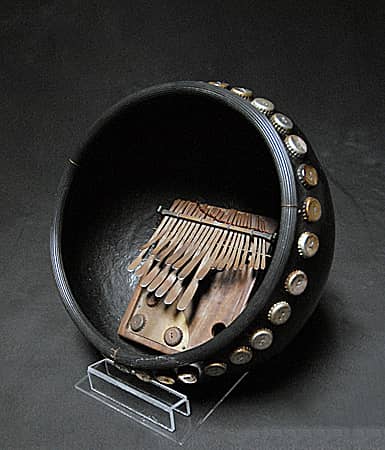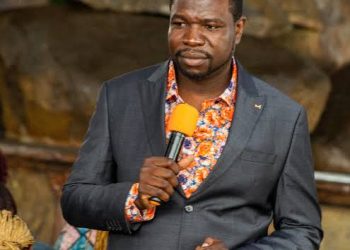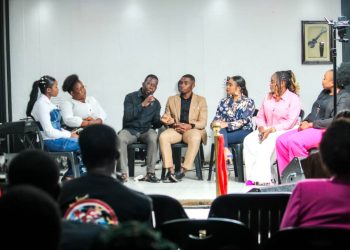Is it demonic to play mbira instrument in church? If it’s not demonic to play drums, keyboards (Piano) and guitars then it’s not demonic to play mbira instrument in church.
Mbira is a thumb piano that produces hypnotic, melodic tones deeply rooted in African tradition. For generations, the mbira has been more than a musical instrument, it has been a tool for storytelling, healing, and ancestral connection same as the now modern piano.
Despite its musical beauty and cultural value, many Christian communities and denominations have viewed the mbira with skepticism, associating it with ancestral worship and un-Christian practices.
But is the mbira truly unholy? Or it is misunderstood?
The mbira, dates back over a thousand years.
Traditionally, it has been used in ceremonies, spiritual gatherings, and communal storytelling.
Played with precision using the thumbs and forefinger, the instrument produces cascading layers of sound that many describe as meditative or transcendent.
In Zimbabwean spirituality, the mbira was commonly played during ‘bira’ ceremonies night-long events meant to communicate with ancestral spirits.
This historical association is often the root of Christianity resistance.
Many Pentecostal, Evangelical, and Apostolic churches in Zimbabwe, view mbira as incompatible with Christian worship. Congregants argue that it is spiritually charged and inherently tied to ancestral worship a practice they believe contradicts the Christian faith.
“The mbira music instrument is for traditional religion,” says Tinashe Nyasha of AFM.
“It’s hard for Christians to separate the instrument from the rituals it was once used for.”
This sentiment, although common, often arises from a lack of distinction between the instrument itself and the context in which it has been used.
Instruments Are Neutral.
The mbira is a musical tool with metal keys attached to a wooden soundboard.
Like the guitar, piano, or drum, it requires human hands and intention to create meaning.
Its past use in spiritual ceremonies does not attach it to those functions, just as the drum, once used in war cries or rituals, is now a staple in modern worship music.
Many ethnomusicologists argues that instruments don’t carry spirits, people do.
The mbira is only as spiritual as the person playing it intends it to be.
In recent years, some Christian artists and churches have started to embrace the mbira.
Many gospel musicians have used the instrument to create deeply spiritual music rooted in both culture and faith.
“I see no conflict in praising God with a mbira,” says Makanaka Machi a gospel keyboard and mbira player. “God gave us our culture and creativity. Why must we throw it away to worship Him?”
In some Christian youth groups, the mbira is now used on worship songs. Its soft, melodic tones adding a unique spiritual depth to the music. The message is clear, it’s not the instrument, but the heart behind it, that matters.
For the mbira to find full acceptance in Christian spaces, two things must happen and they are education and openness. Churches need to understand the mbira beyond its past uses and see it for what it is, an African musical invention. Musicians, likewise, must use the instrument in ways that glorify God, reshaping its narrative.
An anonymous Pastor of SDA said “Rejecting the mbira because of its past is like rejecting languages, clothing, or food that were once used in pagan rituals. We don’t play in in our church because we haven’t found a person who plays it but we can even buy it today”
The mbira’s future in Christian worship may not lie in its past, but in its potential to create new forms of praise that resonate with African identity. Is playing mbira demonic?



























